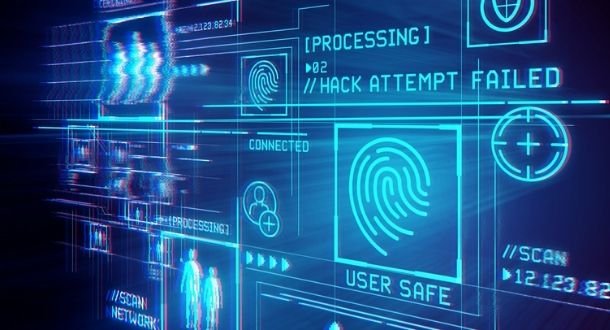With the rapid adoption of digital technologies, companies are increasingly facing cybersecurity threats. The average business is susceptible to more than ten types of cyber-attacks, and the threat landscape is expanding daily. Over the years, forward-looking businesses have prioritized cybersecurity in all areas of their operations to prevent cybersecurity incidents and minimize damages in case of an attack.

If you are new or underway with your cybersecurity implementation, there are several cybersecurity tips to learn. In the section below, we have discussed why cybersecurity is crucial for your company info as well as employee and customer data. Here are 5 cybersecurity tips:
- It Safeguards Personal Privacy
Businesses that handle consumer data or personal information leverage cybersecurity tips to protect personal information from theft and damage. When sensitive data such as financial information, health information, or business intellectual property gets into the hands of malicious third-party, privacy becomes compromised. This could lead to hefty losses and lengthy court battles that can bankrupt the business or cause severe reputational damage. Well-implemented cybersecurity measures guard against personal privacy infringement. This is especially important in financial services, insurance, government entities, and healthcare industries.
- It Reinforces Company Security
Corporate security strategies are never complete without a keen implementation of cybersecurity measures. It’s possible to prevent physical access to critical data stored in a server room, upgrading security controls and access to such areas. However, a motivated hacker can find a way to penetrate the network and access the servers. Whether you are worried about your company’s critical data or are trying to protect customer information, your typical security measures aren’t enough. Cybersecurity risks are everywhere in today’s digital landscape, and it takes the right measures and techniques to keep your entire business safe and secure.
- It Prevents Data Loss
Data loss typically occurs when sensitive/valuable company, employee, or customer information becomes compromised due to malware, human errors, theft, or power failure. In other words, the data becomes either inaccessible, deleted, or irrelevant/useless. Computers, servers, and storage devices like hard disk drives and single-state drives can suffer data loss. The key to avoiding or preventing data loss is to anticipate it. You always want to implement critical measures, such as automatic backups, redundant offline storage, and up-to-date malware protection to protect your network against potential incidents. This explains why cybersecurity is a must-have for businesses that handle sensitive data.
- It Prevents Data Breaches
A data breach is simply defined as an incident where protected, confidential or sensitive information becomes exposed to an unauthorized person. More often, data breaches occur due to security weaknesses in the company’s technology or user (employee, partner, or customer) behavior. You could suffer a data breach due to a malicious insider, an outsider, human error, or lost/stolen devices. Implementing the right cybersecurity measures can help avoid or minimize the impact of data breaches.
- It Ensures an Effective Disaster Recovery Plan
Cybersecurity measures often come with a disaster recovery plan that allows businesses to mitigate losses and regain access to the compromised IT infrastructure. In most cases, these efforts focus on identifying the cause of the cybersecurity incident and whether any sensitive information was lost. A cybersecurity disaster recovery plan should complement the business’ overall risk mitigation measures to ensure sensitive company information is secure from all fronts.
Investing in Cybersecurity
Every business with some data or information stored or accessible online should invest in cybersecurity. The risks of data loss, reputational damage, and lawsuits increase with every unsecured network within the business premises. Implementing an effective cybersecurity strategy often requires an investment in the right technologies and talent. Be sure to consult a cybersecurity professional for guidance.

Working as a cyber security solutions architect, Alisa focuses on application and network security. Before joining us she held a cyber security researcher positions within a variety of cyber security start-ups. She also experience in different industry domains like finance, healthcare and consumer products.











